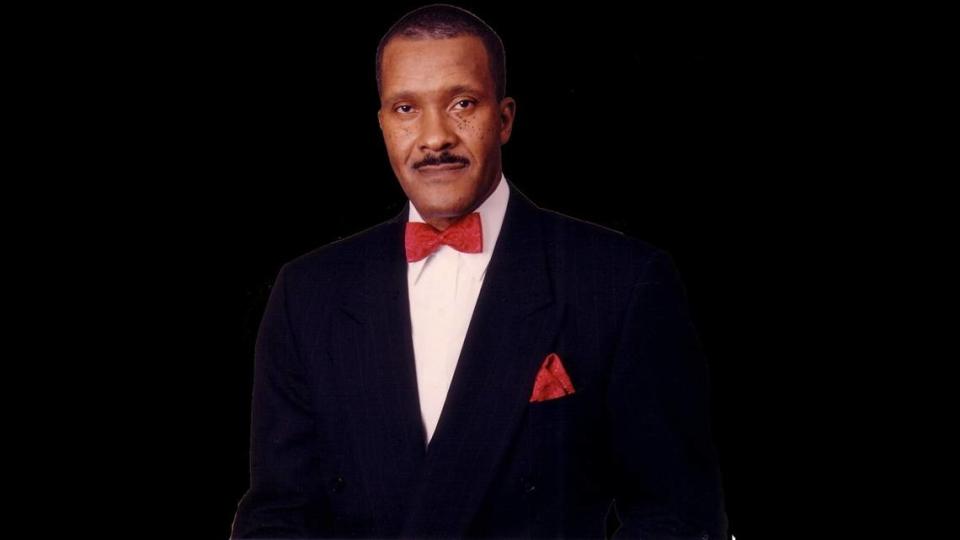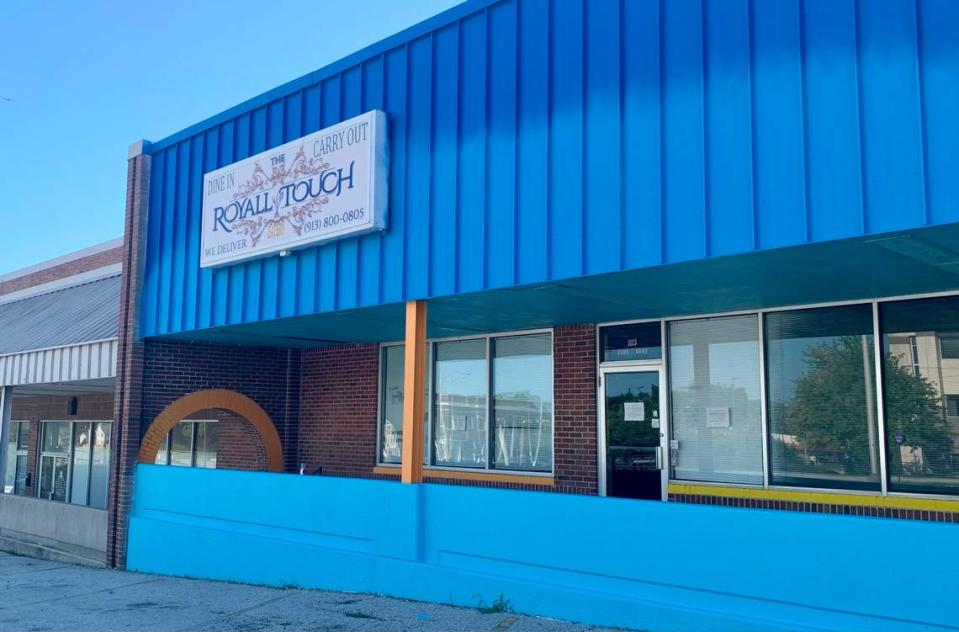Trial set for ‘cult’ leaders accused of forcing kids into labor in Kansas City, Kansas
Seven people tied to a quasi-religious group in Kansas City, Kansas, are slated to stand trial next year on accusations that they forced children to perform labor without pay and doled out physical abuse for years.
U.S. District Judge Julie Robinson on Thursday set the weeks-long trial to begin March 4.
The defendants, alleged leaders of a group once known as the United Nation of Islam, were indicted in 2021 on accusations that they persuaded parents across the U.S. to send their kids to an unlicensed school they ran in Kansas City, Kansas. But instead of providing a top-tier education, prosecutors say, they forced children as young as 8 to work 16-hour days at their businesses.
Some kids were allegedly trafficked to other states to illegally work at businesses operated by the group, which a federal judge in Kansas labeled a “cult” in 2018. The indictment references 10 minor victims who federal prosecutors say were forced to work for the organization between 2000 and 2012. Some were allegedly forced to work for as long as 12 years without pay.
The indictment also details allegations of physical abuse, including an accusation that one “member” was knocked unconscious by one of the defendants. Some victims said they were struck with a paddle, while another was said to have been hit with an extension cord.
The group, which has been renamed the Value Creators, was founded by Royall Jenkins in the 1970s after he left the Nation of Islam. A truck driver, Jenkins started gathering members for his new sect in Maryland, but moved headquarters in the late 1990s to Kansas City, Kansas. He called the community “Heaven” and opened businesses with names like Your Diner and Your Service Station.

Jenkins, who at times lived at a home on North 10th Street, represented himself as Allah, or God, and believed he was “the Supreme Being.” He told followers that in 1978 he was “abducted by angels” or scientists who took him “through the galaxy in a spaceship” and showed him the proper way to rule on Earth, according to the indictment. His sect amassed a few hundred followers.
Jenkins died of COVID-19 complications in September 2021 — just weeks before a grand jury returned the eight-count indictment on accusations of forced labor and conspiracy to commit forced labor, according to court documents.
Eight members of his group’s leadership were arrested across the U.S.: Randolph Hadley, Jacelyn Greenwell, Dana Peach, Daniel Jenkins, James Staton, Yunus Rassoul, Kaaba Majeed and Etenia Kinard.
Three of the defendants were among Jenkins’ “many wives,” prosecutors say.
One of the them, Kinard, pleaded guilty Monday to conspiracy to commit forced labor, for which she faces up to five years in prison and a $250,000 fine. She and another of Jenkins’ wives oversaw the group’s “youth membership,” prosecutors say.
Kinard, the only defendant to plead guilty, admitted to creating the “work schedules” for victims at a restaurant in Atlanta. She also acknowledged, among other things, helping to decide where to move victims for labor between 2000 and 2008.
The organization funded itself “almost entirely through” that unpaid work, according to her plea agreement.
Living conditions for the children and young adults were harsh, prosecutors allege. They were kept in “overcrowded dormitories, barracks, or households” of adult members who they were not related to.

The sect allegedly controlled many aspects of the victims’ lives, including what they read and to whom they spoke. Many were restricted to two meals a day or ordered “to ‘cleanse’ by consuming only lemon juice for days,” according to the indictment.
Others said they were subjected to colonics, a procedure performed by adult members during which gallons of water were streamed through the body by a tube inserted through the rectum.
Prosecutors allege the group used threats and coercive tactics to keep members in line, telling them, for example, that if they did not comply with UNOI’s strict rules, they would burn in an “eternal hellfire.” In 2008 or 2009, Jenkins also claimed to members and victims that he had his daughter killed for leaving the organization, according to the indictment.
‘Humiliating and degrading’
In 2017, Kendra Ross sued the sect, saying she was forced to work without pay for 10 years. She said that from age 11, she was forced to work in restaurants and as a maid, cook and childcare provider in several cities, including KCK.
The next year, U.S. Judge Daniel Crabtree in the District of Kansas ordered Ross be paid nearly $8 million. Crabtree, who referred to the group as a cult, found that Ross was subjected to physical and emotional abuse and years of “humiliating and degrading treatment.”
The settlement, The Washington Post reported at the time, was “believed to be the largest trafficking-related verdict” for a single survivor in U.S. history.
Long before its leaders were indicted, UNOI was credited with revitalizing parts of Quindaro Boulevard in the early 2000s.
The sect received warm welcome from officials at the Unified Government, which deeded the group several buildings that were set to be demolished, the Kansas City Business Journal reported in 1999. As the group claimed its workers were volunteers, UNOI was credited by police and in media reports with cleanup and development along Quindaro, known at the time for drugs, sex work and gunfire.
“We have been so effective,” James Staton, who is now among the indicted defendants, told The Star in 2004, “because we don’t have a double standard.”

Several years ago, the sect reportedly opened a restaurant, called the Royall Touch, across the street from the federal courthouse in KCK where Royall Jenkins’ followers are slated to stand trial.
A sign on the eatery informs customers that the restaurant closed in July, but that it intends to open at a new location. Its phone number has been disconnected. The sign bearing Jenkins’ name, though, remains.
The Star’s Bill Lukitsch contributed to this report.

